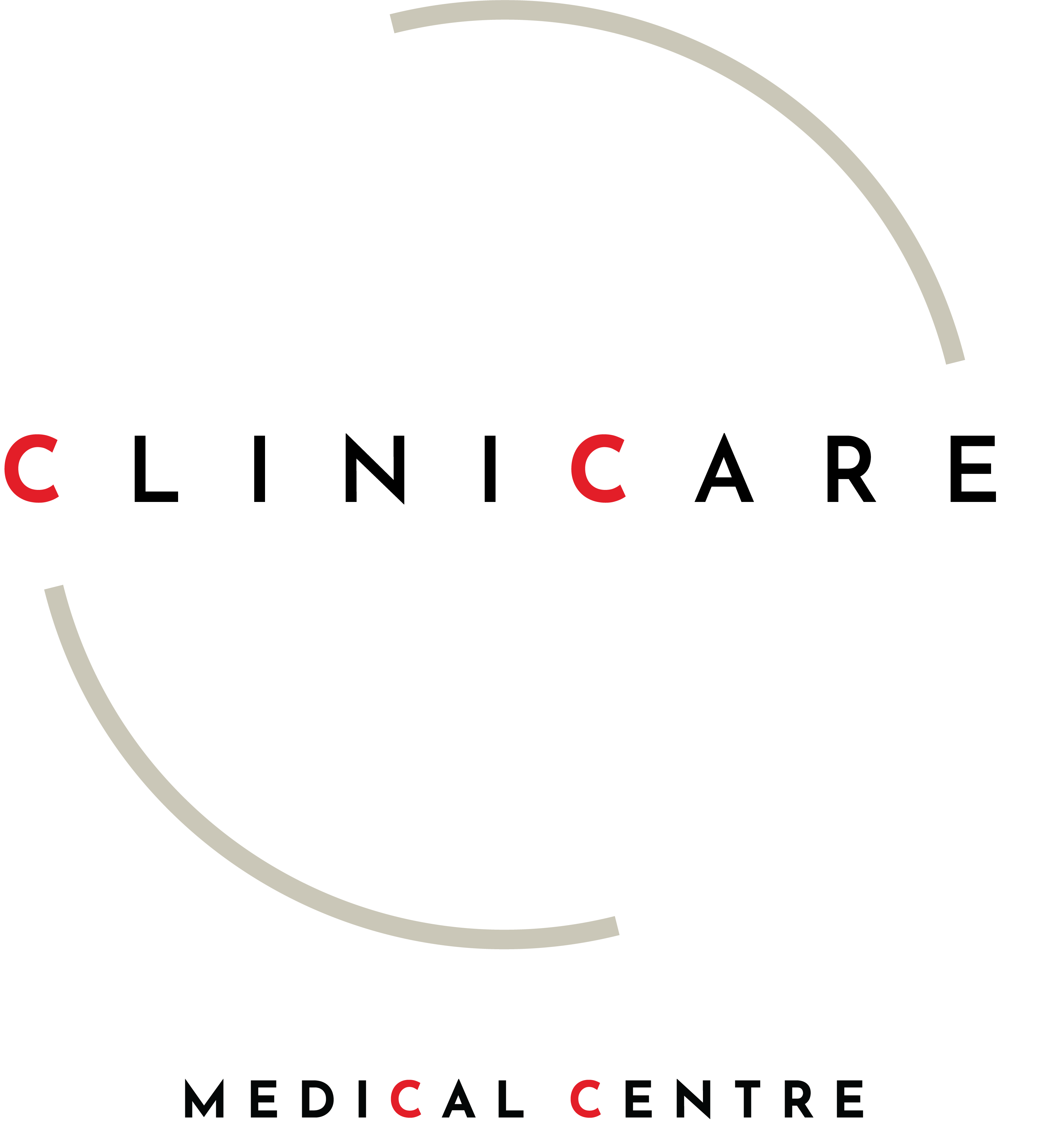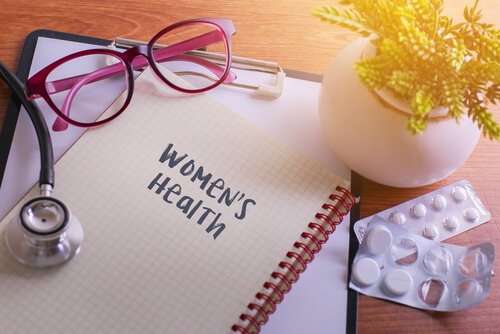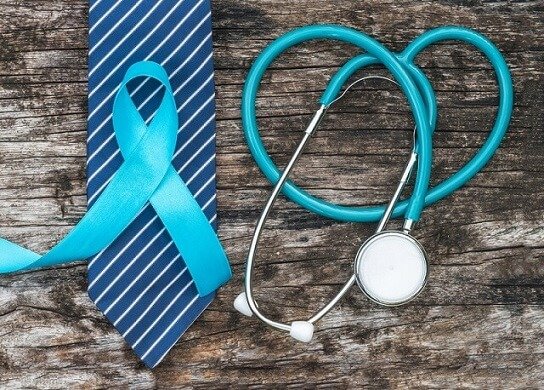While men and women face many similar health issues throughout their lives, some health concerns are unique to women. Educating yourself about common women’s health issues and how they change over a woman’s lifetime is empowering. Understanding distinctive health needs for disease prevention, overall health, and well-being at every age is essential.
The most common female health problems
Women experience different health issues throughout their lives, varying in age, genetics, and lifestyle. While some health issues can occur for both women and men, like heart disease, stroke, and diabetes, the following typically affects women more commonly or severely than men:
- Alcohol abuse
- Heart disease
- Mental health issues
- Osteoarthritis
- Sexually transmitted infections (STIs)
- Stress
- Stroke
- Urinary tract health
Common diseases that only affect women
Some diseases are only common in women and involve female organs, such as the uterus, ovaries, fallopian tubes, and vagina. These organs can develop cysts, fibroids, or cancers.
Multiple GI issues typically occur more commonly in women, including:
- Irritable bowel syndrome
- Constipation
- Inflammatory bowel disease (ulcerative colitis and Crohn’s disease)
- Gallstones
- Autoimmune liver disease
- Celiac disease
- Pelvic floor dysfunction.
We recommend regular checkups with a women’s health clinic to ensure early detection and treatment of any issues.
Along with various physical health challenges, certain mental health conditions are typically more common in women. Research suggests:
- Women are more likely than men to experience depression and anxiety
- Suicide is a leading cause of death for women under the age of 60
- Women are disproportionately likely to experience violence, sexual abuse, and domestic abuse.
Women’s health conditions at every age
Knowing what health issues are associated with every age, you can stay healthier and be aware of issues before they become serious.
What age do health problems start for women?
Women experience health issues throughout their lives. Generally, sexual and reproductive health issues occur between the ages of 15 and 44, and serious conditions (cancer or heart disease) are more likely to develop in midlife, from age 50 onwards.
Health problems in teens
The most common health issues teens experience tends to be related to menstruation. Concerns such as endometriosis and dysmenorrhea (painful menstrual cycles) can cause pain and distress.
Most common teenage girl health complaints:
- Painful periods (dysmenorrhea)
Common symptoms include cramps, back pain, nausea, vomiting, diarrhea, and sweating. Treat menstrual cramps with pain relief medication, including ibuprofen and Panadol.
- Irregular periods
Many GPs prescribe birth control pills to effectively decrease menstrual cramps, for contraception, and to regulate periods.
Health problems in your 20s
Generally, women become more sexually active in their 20s, pushing sexual health and STIs into the spotlight of their top health concerns. During your 20s, health issues such as sexually transmitted infections and pelvic inflammatory disease can become an issue. These can have a lasting effect on a woman’s fertility. If you have any concerns about your sexual health, please book an appointment with your GP.
As with many health issues, prevention is essential. Using barriers like condoms and dental dams during sexual contact reduces your risk of contracting an STI.
Health problems during your 30s
The most common health problems facing women in their 30s usually involve fertility or complications resulting from pregnancy and childbirth. Many specialists are available to help you through your fertility and post-pregnancy journey – start by booking an appointment with your women’s health and family services GP.
Staying healthy during your 30s
Eating healthy foods, exercising regularly, managing your stress, moderating your alcohol intake, and getting enough sleep can all help you maintain good health throughout your 30s. Ensure you book regular gynecological and general health exams and perform monthly breast exams. If unsure how to examine your breasts, your GP can step you through the process. Regular skin checks can help you stay on top of abnormal moles or skin changes.
Health problems in the 40s
After 40, women’s health concerns tend to focus on the symptoms of Perimenopause. Perimenopause is when your ovaries release fewer eggs, progesterone and estrogen levels decrease, and menstrual periods become irregular. Typically, Perimenopause can last anywhere from two to ten years. When a woman hasn’t had a menstrual period for 12 months, they have reached menopause.
Common perimenopause symptoms include menstrual irregularities, hot flashes, vaginal dryness, sleep disturbance, pain with intercourse, infertility, weight gain, and moodiness.
These symptoms are often distressing, so please contact your GP, who can help you cope during this sometimes tumultuous time.
During your 40s other health issues such as diabetes, hypertension, heart disease, obesity, and infertility may also become more prominent, so if you notice any changes, book an appointment with your GP.
Staying healthy during your 40s
Again, eating well-balanced meals, reducing stress, and staying fit can help boost your overall health. Strength training is critical for keeping your bones and muscles strong, helping in weight management, and protecting against osteoporosis.
Book regular health screenings, including breast cancer and colon cancer screenings.
Female health problems after 50
Menopause often brings a range of health issues, including urinary incontinence, vaginal atrophy and dryness, and pain with intercourse (dyspareunia). Other health concerns during your 50s include cancer, osteoporosis, and diabetes, with cancer being the leading cause of death of women over 45.
Staying healthy during your 50s
Maintain a healthy and active lifestyle by aiming for 30 minutes of moderate daily exercise. Keeping up with all immunisations, doctor’s visits, and health screenings, is essential as you age.
Advice for women of all ages
We recommend you optimise your health at every age by exercising regularly, eating a healthy, well-balanced diet, and maintaining healthy interpersonal connections.
Choose Clinicare for all your women’s health issues
All our GPs provide general Women’s Health support and strive to create meaningful and ongoing relationships with patients.
Specific services include:
- Shared care: Dr. Ka Tan
- IUD insertion: Dr. Lakmali Jinadasa
- Pregnancy support: Dr. Cemira Mairaj and Dr. Patrick O’Sullivan
- Implanon insertion and removal: Dr. Ka Tan, Dr. Lakmali Jinadasa, Dr. Cemira Mairaj, and Dr. Catherine McBride.




